The IT Pro Podcast: The front line of fraud tech
With tools such as deepfakes, the future of fraud tech relies on cutting edge AI as much as good security practice
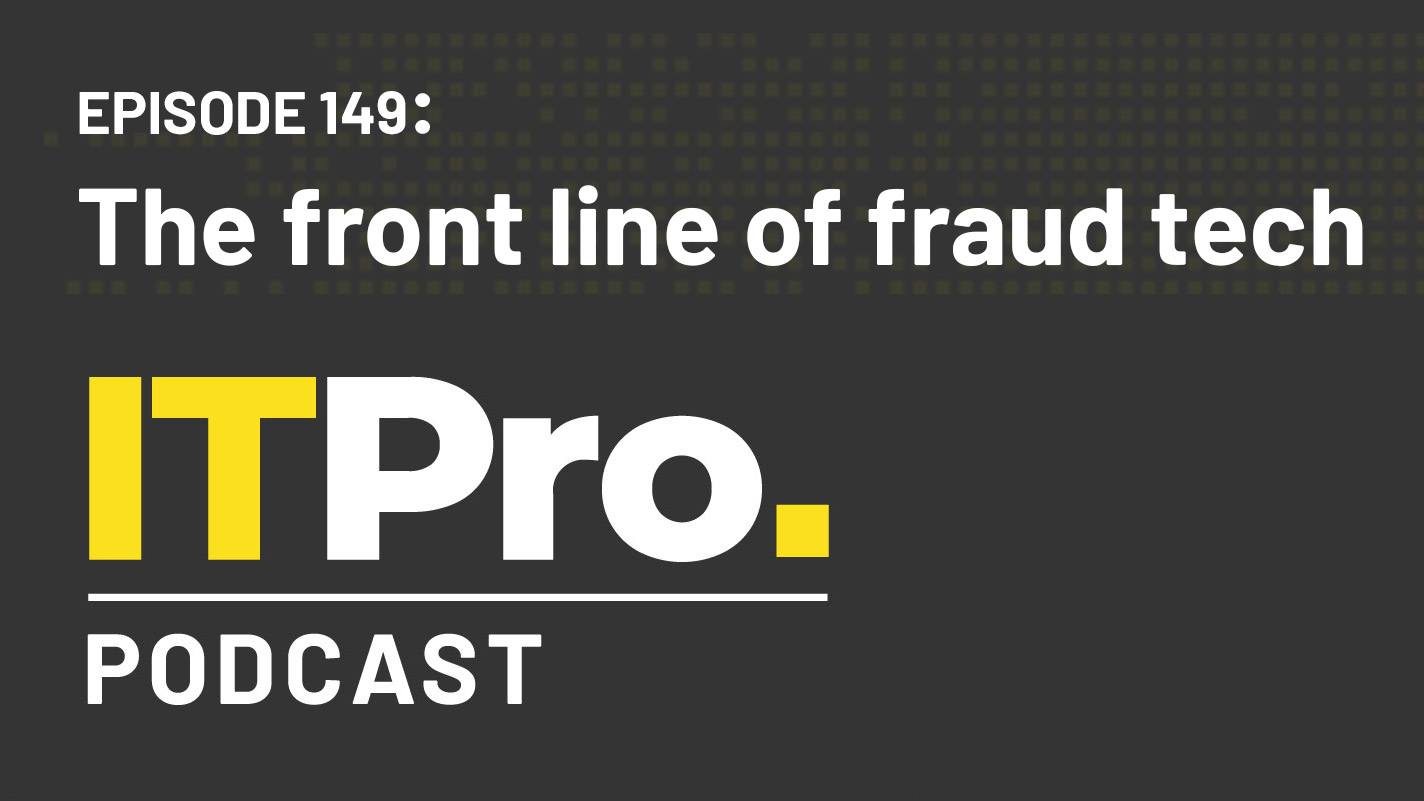
Ten years ago, identity fraud typically meant people manually forging, but today’s threat actors work with purely-digital fakes with an increasingly-advanced toolset including ‘deepfakes’ that work even on live video feeds. At the same time, Twitter advertisers have seen billions wiped off their market caps as the platform struggles with its ID verification.
On top of the growing scale of digital fraudsters, a surprising amount of businesses are willing to let a small amount of fraud occur. Companies need to carefully plan how to avoid fraud, but more importantly learn from the experience of falling victim to scams.
This week, we spoke to Mike Tuchen, CEO of identity tech firm Onfido, to discuss the current threat landscape, how the tech sector can match threatening tech with detection systems, and best practice going forward.
Highlights
“It's currently neck and neck, but to your point, the quality of the deep fakes has gone way up. And so this is going to be an ongoing game of cat and mouse in the coming years, and so it's this combination of synthetic identities and deep fakes. That's really the cutting edge, that we'll see more and more fraudsters use.”
“You can't try to go back and say, "we'll shut down the dark net", that's not going to happen, right? We have to accept that that is out there. And it will always be out there, and so all we can really do is become increasingly sophisticated on the ‘ability to detect and protect’ side, as they're, as they ramp up their capabilities on that side.”
“Because of the so-called ‘blue check’, the verified thing, that was a complete fiasco and I'd say entirely preventable. But we've seen, you know, companies like Eli Lilly and Lockheed Martin get attacked and lose like $15 billion of market cap each. Because Twitter decided not to do, you know, any kind of verification aside from your willingness to pay eight bucks. I don't know if those were caused by people trying to manipulate the stock. But if they were, the trade off of making potentially millions of dollars by spending $8 on getting a blue check, it's a no brainer, right?”
Read the full transcript here.
Get the ITPro daily newsletter
Sign up today and you will receive a free copy of our Future Focus 2025 report - the leading guidance on AI, cybersecurity and other IT challenges as per 700+ senior executives
Footnotes
- Identity theft: What it is, and how it can affect your business
- Onfido Fraud Report 2022
- Fraud detection and prevention market to hit $176 billion by 2030
- Deepfake attacks expected to be next major threat to businesses
- Real-time deepfakes are becoming a serious threat
- What are biometrics?
- What is the dark web?
- The rise of ransomware as a service
- UK gov unveils plan for nationwide digital identity scheme
- ID.me pushes for US-wide privacy legislation
- Data protection policies and procedures
- What is GDPR? Everything you need to know, from requirements to fines
- Review calls for urgent new laws over use of biometric technology
- Twitter's employee 'revolt' sparks survival concerns for a platform crumbling from within
- Businesses to receive unique Twitter verification badge in platform overhaul
- What are the pros and cons of AI?
- What is machine learning and why is it important?
Subscribe
ITPro is a global business technology website providing the latest news, analysis, and business insight for IT decision-makers. Whether it's cyber security, cloud computing, IT infrastructure, or business strategy, we aim to equip leaders with the data they need to make informed IT investments.
For regular updates delivered to your inbox and social feeds, be sure to sign up to our daily newsletter and follow on us LinkedIn and Twitter.
-
 Bigger salaries, more burnout: Is the CISO role in crisis?
Bigger salaries, more burnout: Is the CISO role in crisis?In-depth CISOs are more stressed than ever before – but why is this and what can be done?
By Kate O'Flaherty Published
-
 Cheap cyber crime kits can be bought on the dark web for less than $25
Cheap cyber crime kits can be bought on the dark web for less than $25News Research from NordVPN shows phishing kits are now widely available on the dark web and via messaging apps like Telegram, and are often selling for less than $25.
By Emma Woollacott Published
-
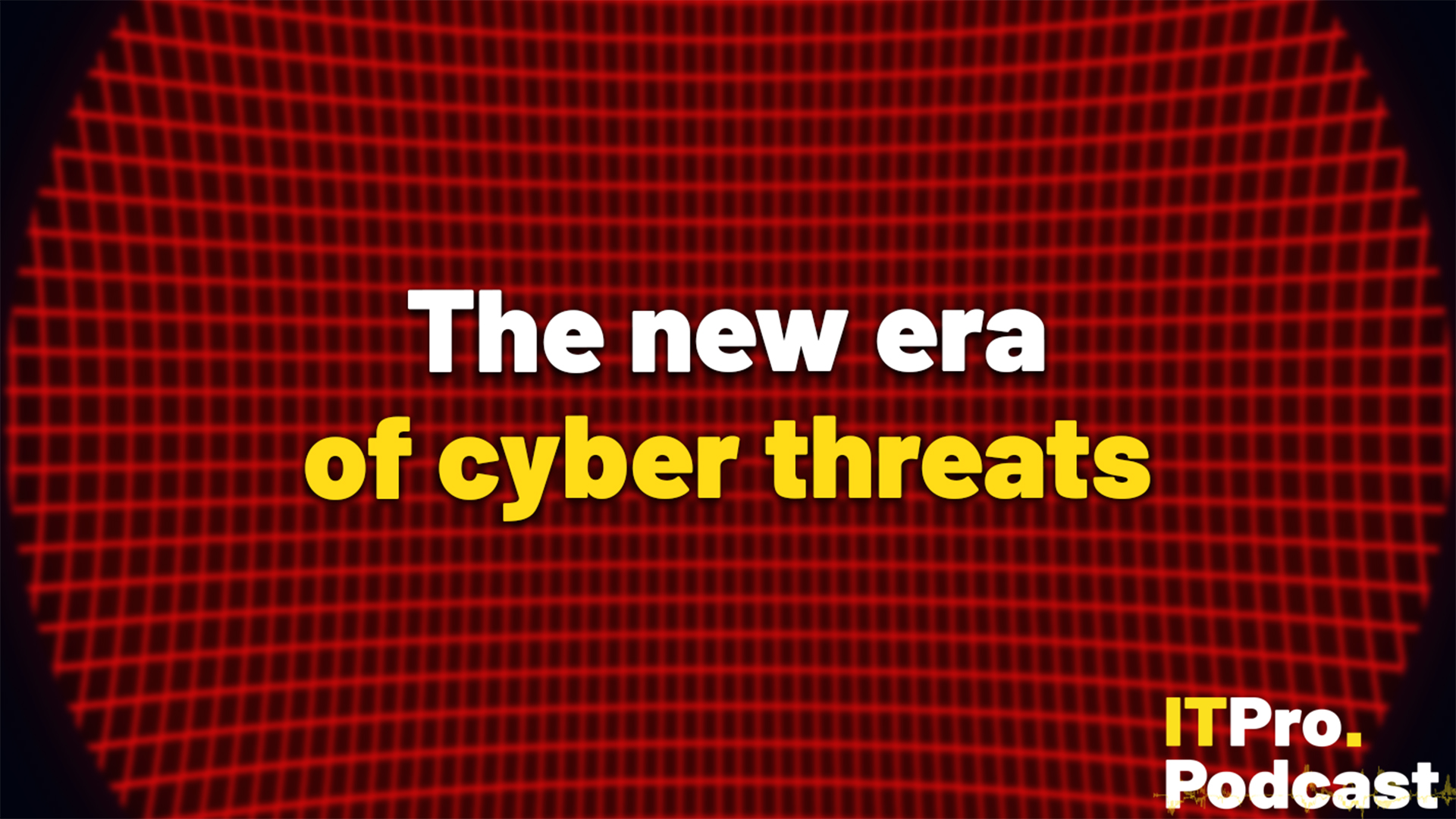 The new era of cyber threats
The new era of cyber threatsITPro Podcast With AI-powered attacks and state-backed groups, security teams face face a new wave of sophisticated threats
By Rory Bathgate Published
-
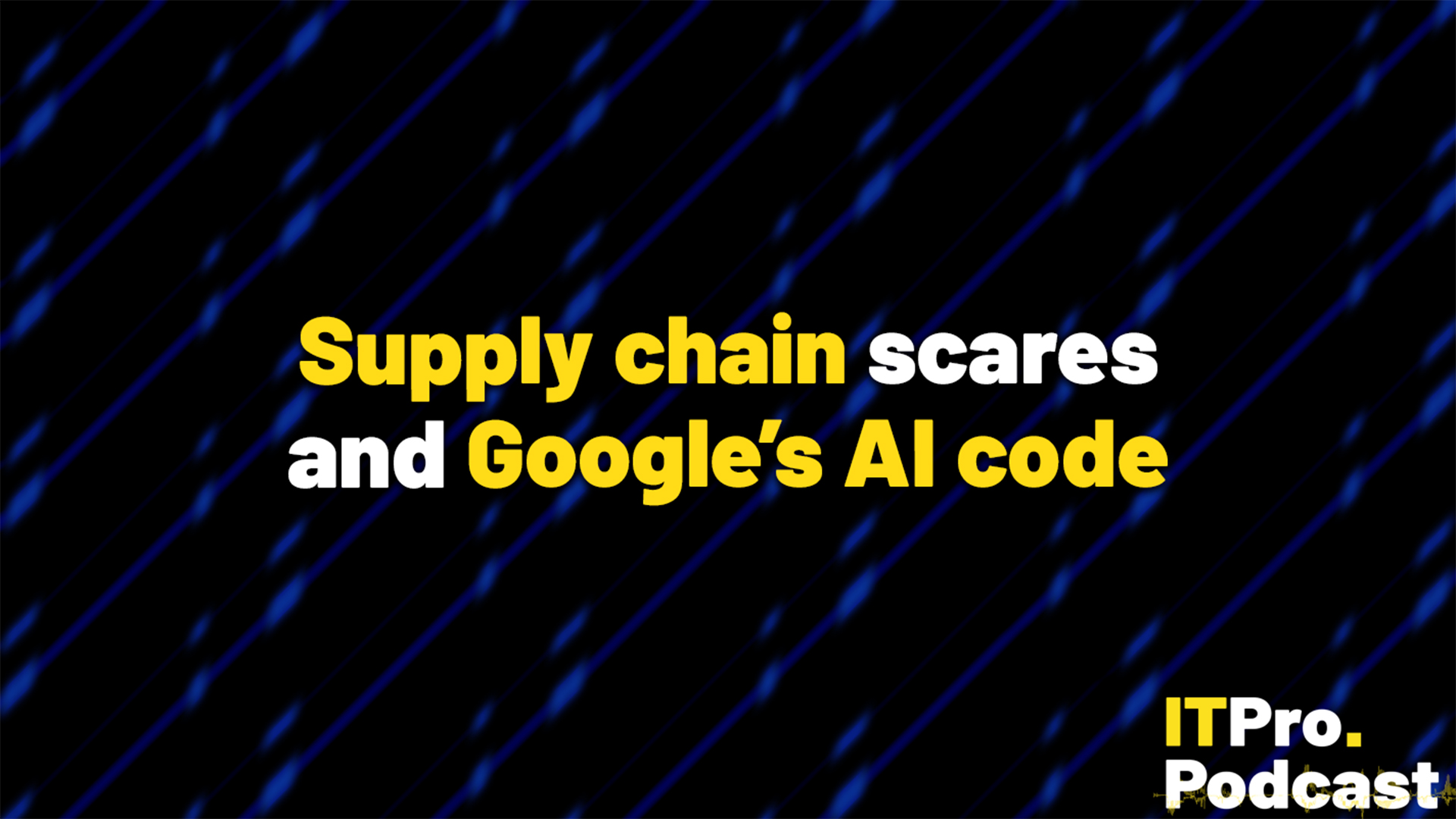 Supply chain scares and Google’s AI code
Supply chain scares and Google’s AI codeITPro Podcast As the ransomware attack on Blue Yonder disrupts a wide range of firms, Google moves to lead by example on internal AI code
By Rory Bathgate Published
-
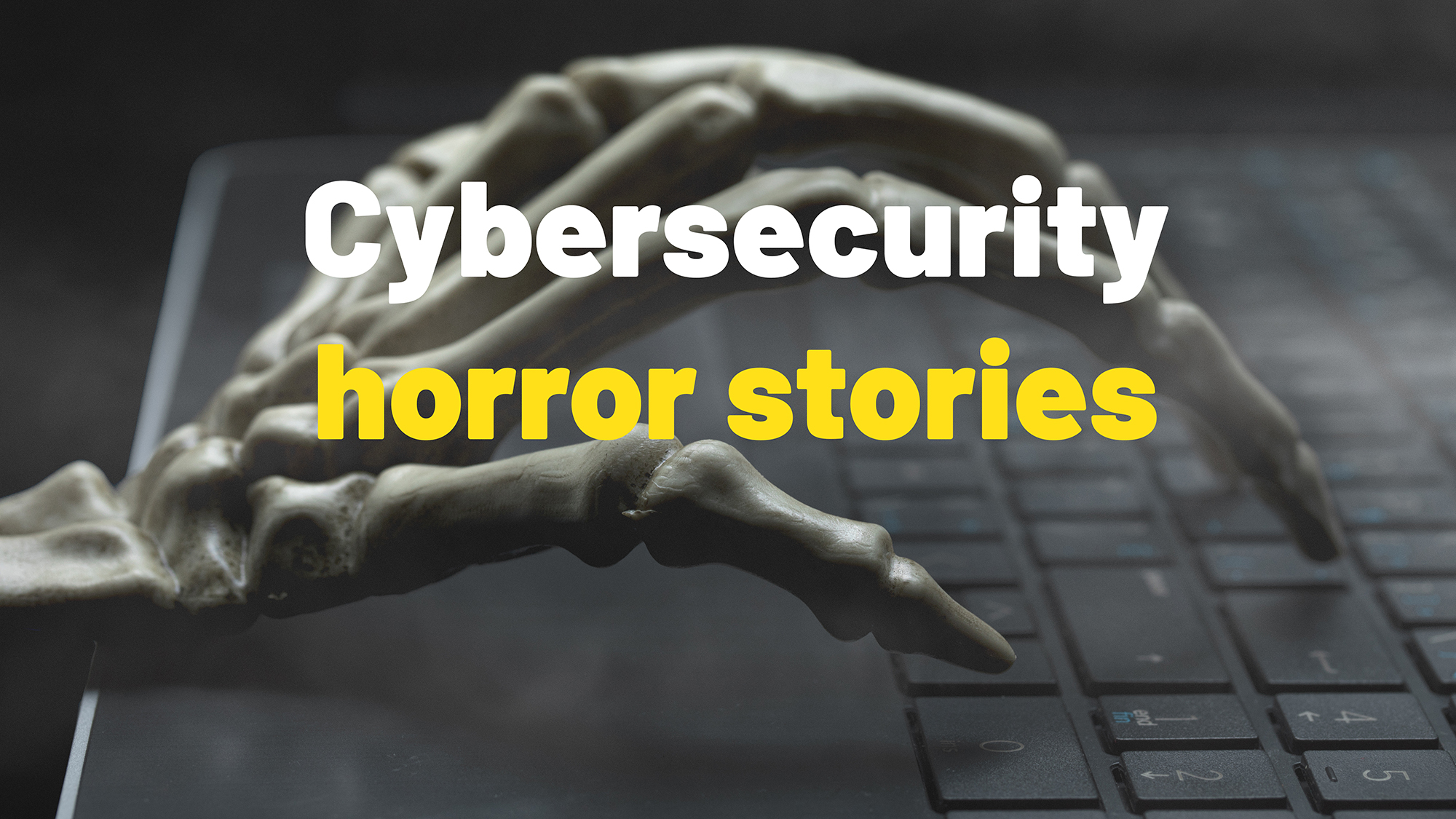 Halloween special: Cybersecurity horror stories
Halloween special: Cybersecurity horror storiesPodcast Join us for three terrifying tales sure to chill any IT professional to the core
By Jane McCallion Published
-
 Securing your business with education and training
Securing your business with education and trainingITPro Podcast Keeping your workforce updated on the latest threats requires a cohesive cyber skills strategy
By ITPro Published
-
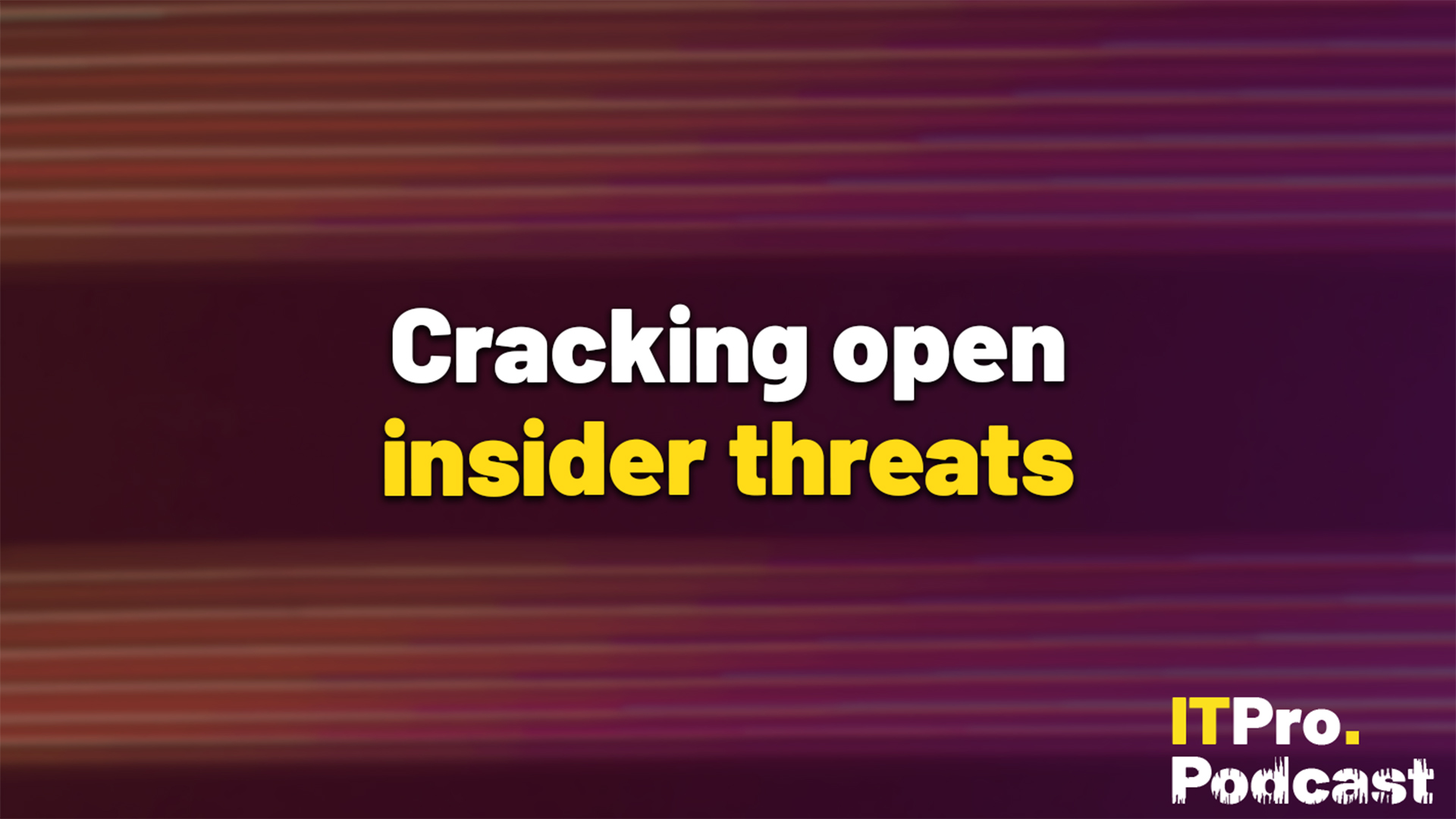 Cracking open insider threats
Cracking open insider threatsITPro Podcast Leaders need to perform strict identity measures on would-be hires – and ensure employees who leave have access promptly removed
By Rory Bathgate Published
-
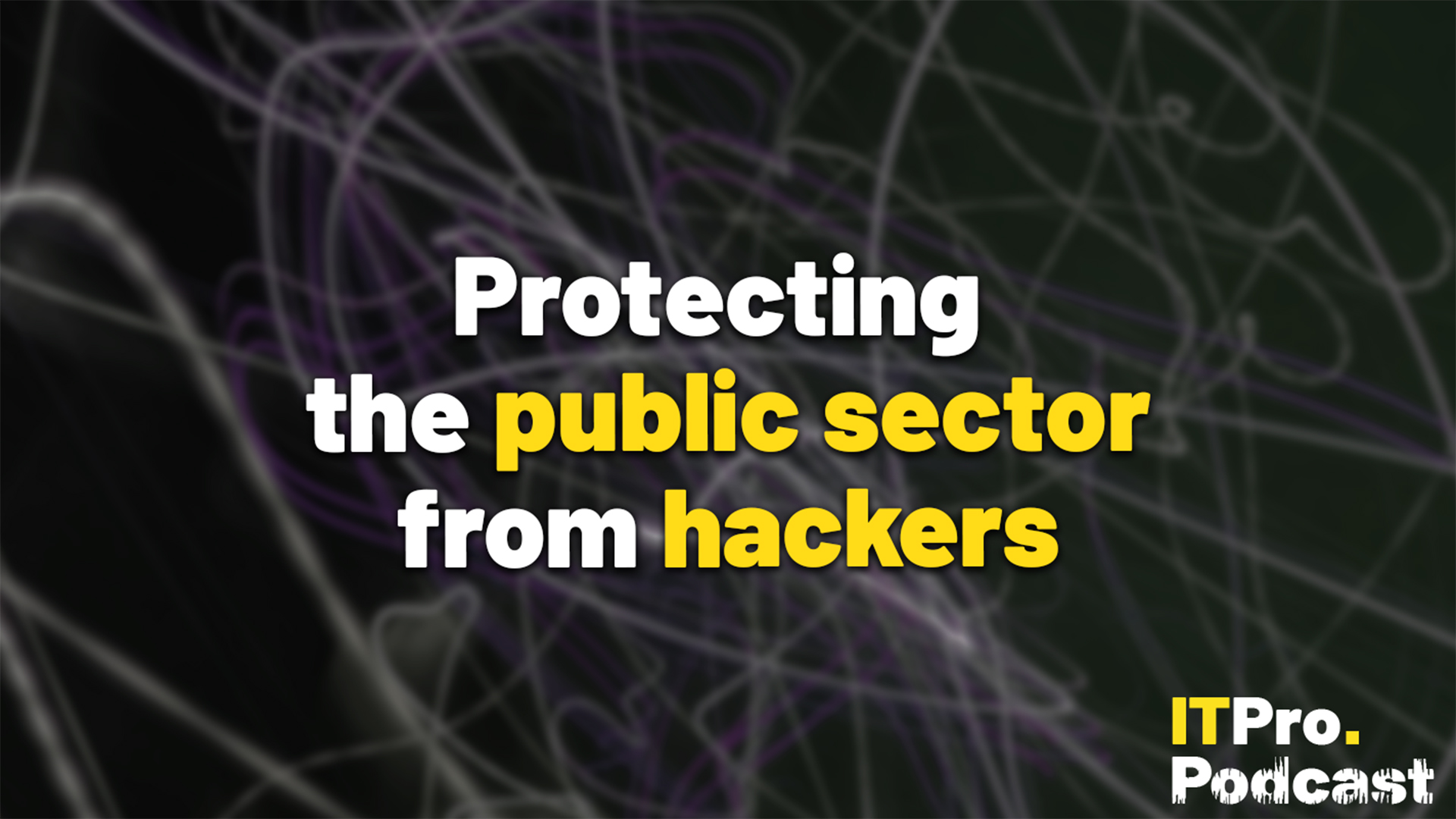 Protecting the public sector from hackers
Protecting the public sector from hackersITPro Podcast With the public sector facing increasingly sophisticated threat actors, leaders need centralized security plans and better communication
By Rory Bathgate Published
-
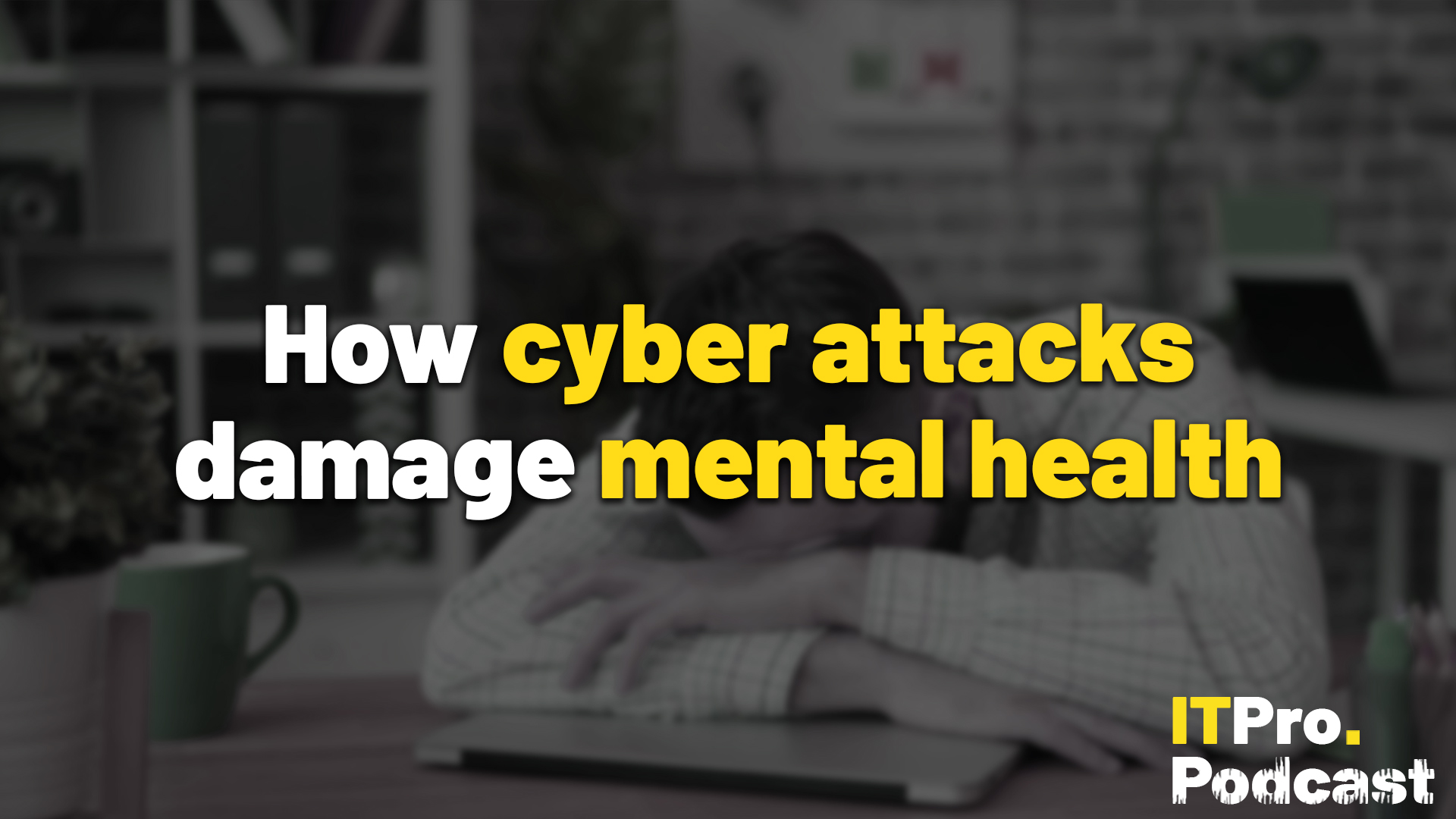 How cyber attacks damage mental health
How cyber attacks damage mental healthITPro Podcast As staff struggle to cope in the immediate aftermath of a cyber incident, leaders must do more to foster a culture of support
By Rory Bathgate Published
-
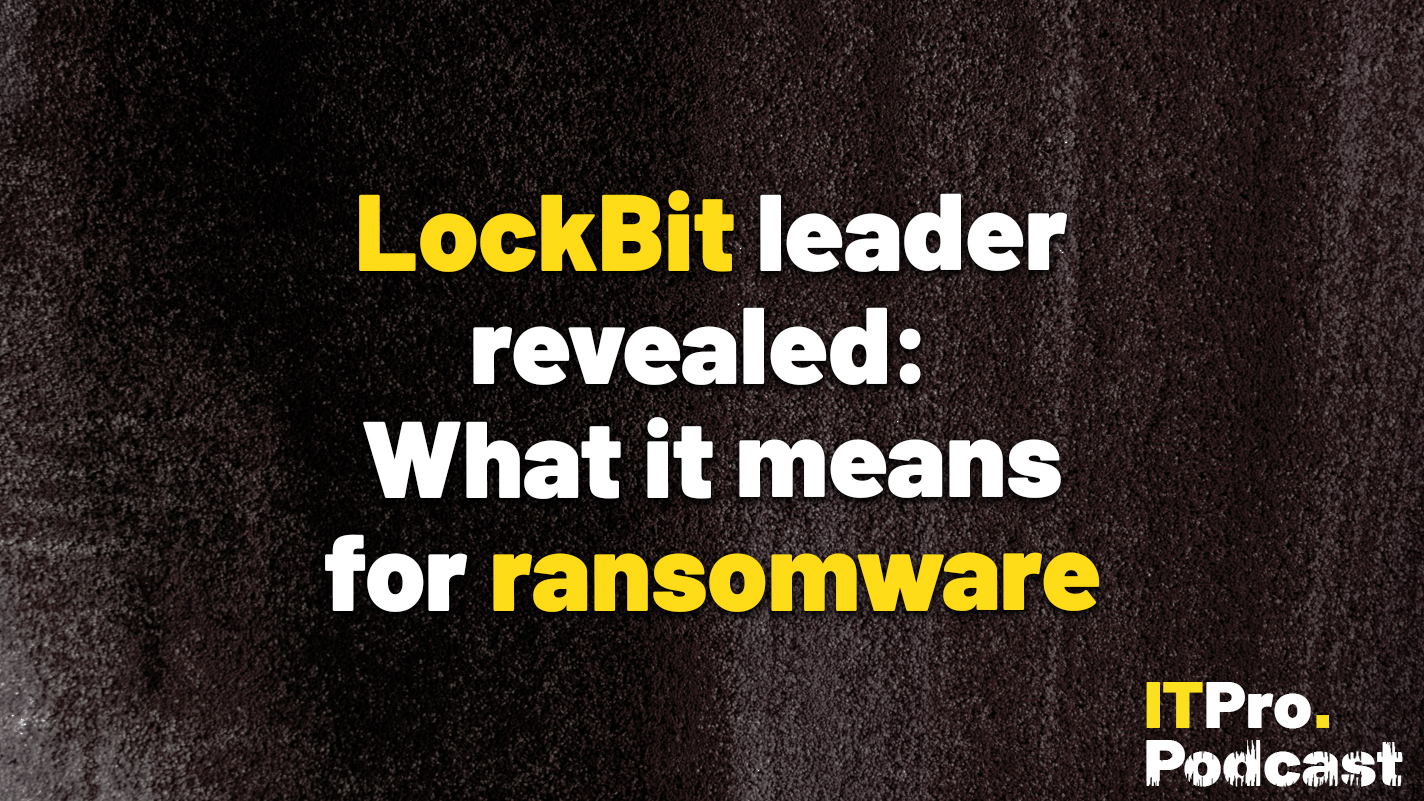 LockBit leader revealed: What it means for ransomware
LockBit leader revealed: What it means for ransomwareITPro Podcast With LockBit's founder having been unveiled publicly and with international law enforcement still digging into detailed attack stats, the group is on high alert
By Rory Bathgate Published
